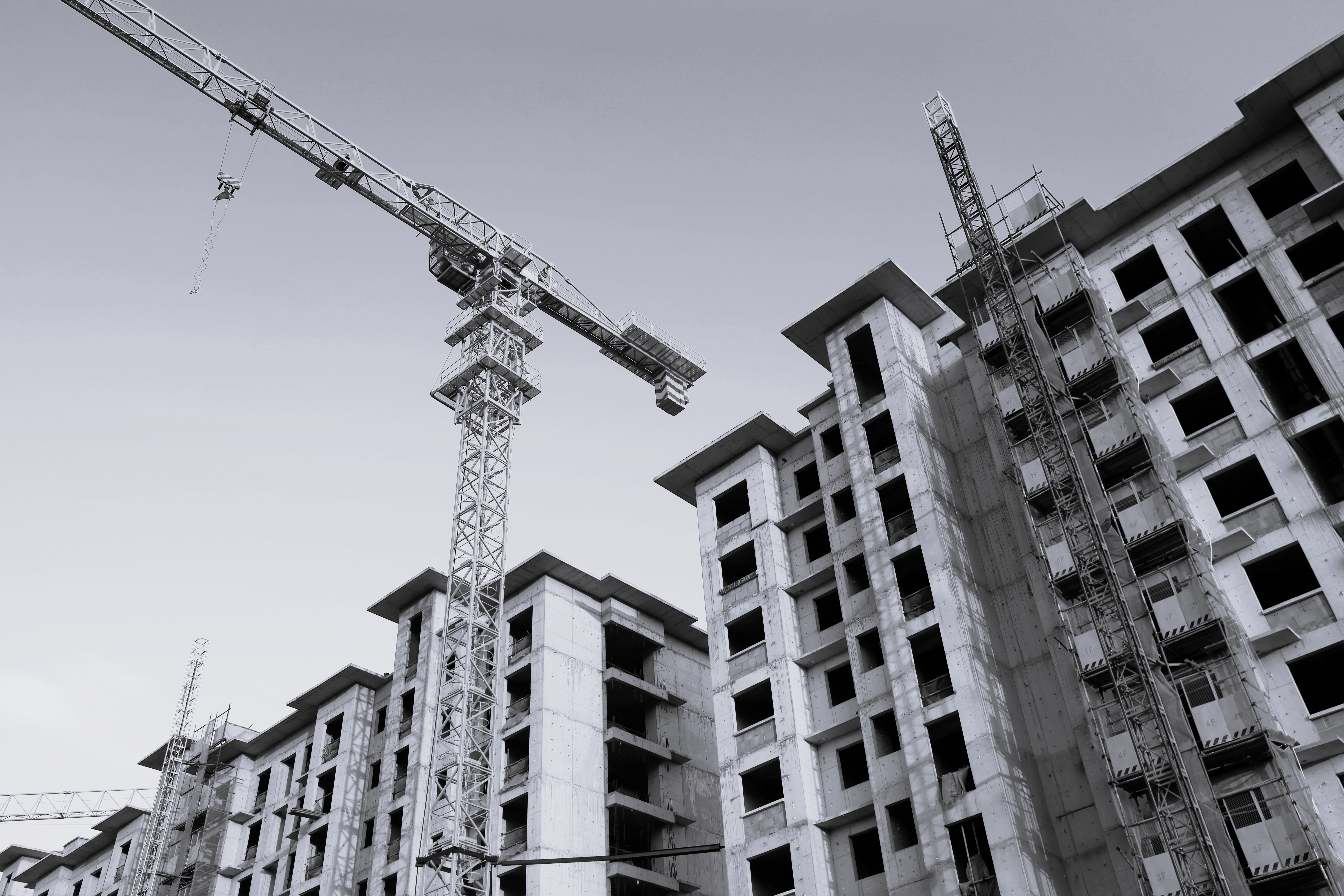COVID-19 Alert – Site Remediation Work Allowed Under New Jersey’s New Construction Restrictions
On April 8, 2020, New Jersey Governor Murphy issued Executive Order 122 (EO-122) mandating, among other things, that all “non-essential” construction projects cease by 8:00 PM on Friday, April 10. Details on the types of projects that are considered “essential” and can therefore continue, subject to social distancing and other precautions to help avoid the spread of COVID-19, are available here.
With respect to environmental cleanups, New Jersey is following New York’s lead, where remediation projects are allowed to continue notwithstanding the state’s restrictions on construction work. All such remediation work in New Jersey is subject to the safety requirements described more here.
More specifically, EO-122’s definition of “essential construction projects” includes “[a]ny work on a non-essential construction project that is required to physically secure the site of the project, ensure the structural integrity of any buildings on the site, abate any hazards that would exist on the site if the construction were to remain in its current condition, remediate a site, or otherwise ensure that the site and any buildings therein are appropriately protected and safe during the suspension of the project…”
With this as the only reference to remediation work in EO-122, it appears “remediation” is not being considered “construction” and the intent here is to simply clarify that work required to “remediate a site” can continue, even at “non-essential” construction projects.
The New Jersey Department of Environmental Protection (NJDEP) is expected to issue guidance on EO-122 shortly, as well as announce extensions to certain remediation deadlines in response to COVID-19. We will continue to provide updates as new developments occur.
Cole Schotz, P.C.’s Environmental Attorneys are available to discuss any questions you may have about EO-122 or any subsequent NJDEP guidance and any potential impact on your business, operations, transactions, or ongoing construction or remediation projects.
No aspect of this advertisement has been approved by the highest court in any state.
Results may vary depending on your particular facts and legal circumstances.
As the law continues to evolve on these matters, please note that this article is current as of date and time of publication and may not reflect subsequent developments. The content and interpretation of the issues addressed herein is subject to change. Cole Schotz P.C. disclaims any and all liability with respect to actions taken or not taken based on any or all of the contents of this publication to the fullest extent permitted by law. This is for general informational purposes and does not constitute legal advice or create an attorney-client relationship. Do not act or refrain from acting upon the information contained in this publication without obtaining legal, financial and tax advice. For further information, please do not hesitate to reach out to your firm contact or to any of the attorneys listed in this publication.
Join Our Mailing List
Stay up to date with the latest insights, events, and more







